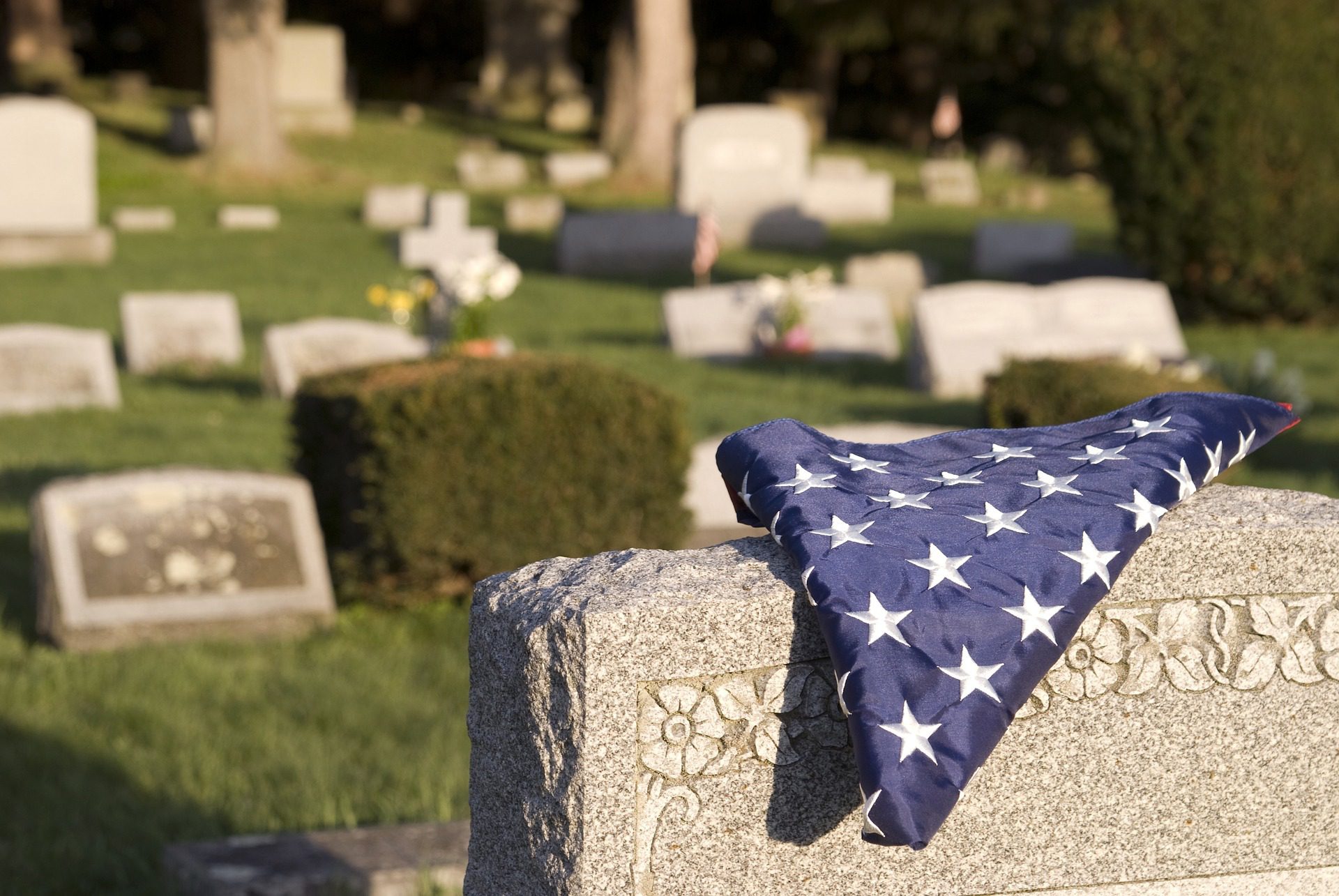The loss of a loved one is a devastating event. Having to plan and pay for the deceased’s funeral is stressful, especially when the funeral costs are a significant issue. A standard burial or cremation can cost thousands – or tens of thousands – of dollars. Fortunately, charitable organizations, non-profit organizations, and government assistance programs can defray or cover the costs associated with a funeral.
Table of Contents
The Accident Guys
The Accident Guys are a legal defense fund that services the southern and central parts of California. One of the services they offer is a victims’ fund designated to assist low-income automobile accident victims. The Victims’ Fund Nonprofit provides assistance with medical bills and funeral costs associated with automobile accidents when the at-fault party does not have sufficient insurance to cover costs. The victims’ fund also helps pay for victims that cannot return to work until they recover from their injuries.

United Tissue
United Tissue is a non-profit organization that provides benefits to members who donate their bodies to science. United Tissue will pay to have the deceased transported from the place of death to a United Tissues facility. United Tissue will also provide two copies of the death certificate. United Tissue will pay to have the body cremated, returning the ashes to the deceased’s family or disposing of the ashes, depending on the family’s wishes.
Final Farewell
Final Farewell is a non-profit organization that helps families where the deceased is a child. The organization focuses on providing financial assistance, guidance, and counsel for the surviving family. Though their headquarters are in Pennsylvania, they offer assistance to families across the United States. Final Farewell focuses on assisting low-income families, applying a sliding scale to determine a family’s eligibility and amount of assistance.
State and Local Burial Assistance
Each state in the United States has rules that determine if a family qualifies for funeral assistance and the amounts of assistance available. Even when a state itself does not provide funeral assistance – such as New York and Idaho – individual cities and counties may be willing to help with funeral-related costs. Two good resources to find out more about available state and local aid are the county coroner and the state’s Department of Health.
Social Security
When someone collecting Social Security payments dies, Social Security will issue a one-time payment of $255 to the surviving spouse or children. The surviving spouse or children might be eligible for survivor benefits if the deceased collected retirement payments from Social Security. The potential beneficiary of survivor benefits must be:
- a spouse that is at least 60 years old (or 50 years old if the spouse is disabled),
- an unmarried child under the age of 18,
- a dependent parent that is at least 62 years old, or
- a divorced spouse when the marriage lasted ten or more years.
Contacting the nearest Social Security office to determine eligibility is strongly advised to help with both the funeral expenses and expenses in the months.
The Federal Emergency Management Agency (FEMA)
FEMA can cover funeral costs for victims – either directly or indirectly – of major disasters. An example of a direct victim would be someone who drowns in flood or is crushed during an earthquake. An indirect death would be a death prompted by a catastrophe, such as a heart attack triggered by a natural disaster. The surviving family must prove that they do not have sufficient funds to cover the burial costs. FEMA can help pay for expenses such as the casket or unique urn, mortuary services, and up to five copies of the death certificate.
The Veterans Administration
The Veterans Administration will pay up to $780 for veterans who die from a cause not related to the veteran’s military service. The payment for service-related deaths is $2,000. Spouses of dead military personnel may also qualify for assistance from the service member’s Civil Relief Act (SCRA), a VA attorney here will help you find your benefits. When a veteran is buried in a national cemetery, the Veterans Administration will also cover the costs of the opening and closing of the grave, the headstone, and the burial flag. However, veterans who were dishonorably discharged, and veterans who received funeral benefits from other sources will not be eligible for funeral aid from the Veterans Administration.
Featured Image by Charles Thompson from Pixabay




